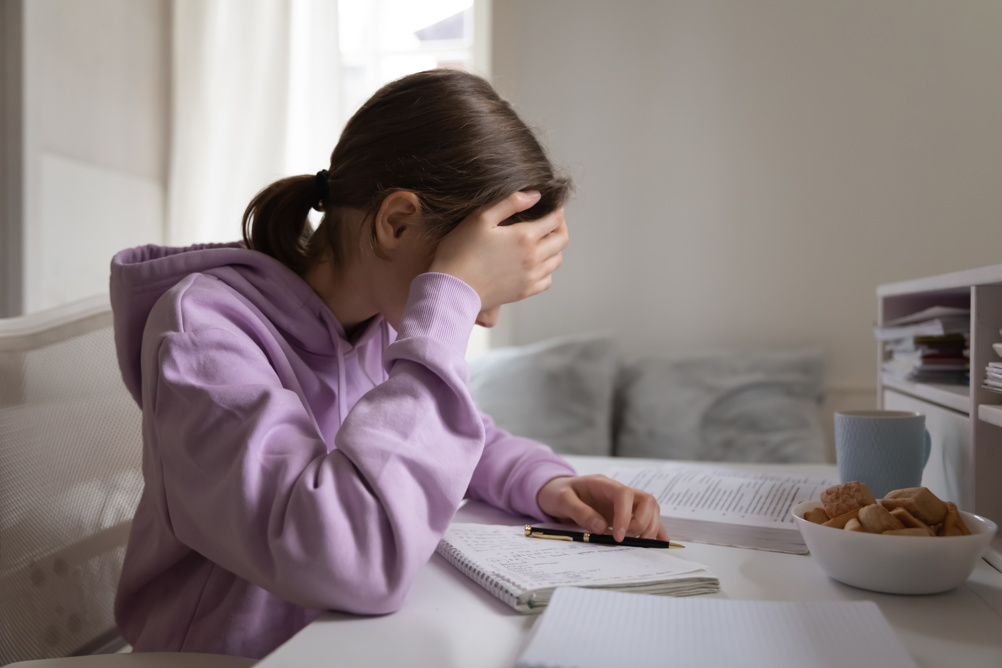
The Good Law Project, a not-for-profit organisation set up to challenge abuses of power, exploitation, inequality, and injustice, said it is taking the step due to the government's "continuing failure to ensure all children can access online education".
It said new guidance issued by the Department for Education forces working-class children and children of black and minority ethnic (BAME) backgrounds into school at the height of a deadly pandemic, while wealthier families, who can afford devices and broadband access for their children, can remain at home.
The Good Law Project said that in April last year, during the first lockdown, it halted litigation aimed at forcing government to ensure all children could learn online after the government gave assurances it would provide laptops and wireless routers to disadvantaged children. However, 10 months later, hundreds of thousands of children are still without the equipment to work remotely.
Although Education Secretary Gavin Williamson has said his department has ordered a million laptops - only 560,000 have been delivered. Even when the remainder of these are delivered there will still be a significant shortfall, with regulator Ofcom estimating there are 1.7million children without devices and 880,000 living in a home with only a mobile internet connection.
The Good Law Project said that "instead of putting his hand in his pocket to remedy the issue", Williamson has issued new guidance stating that children who cannot learn remotely “due to a lack of devices…should attend school or college".
The organisation said that by forcing poorer children to go into schools, the government is "endangering families and communities who it knows are already exposed to higher Covid-19 risks". It added that “parents should not have to choose between the education of their child and their family’s health”.
The government has seven days to respond to Good Law Project’s pre-action protocol letter setting out a timeline for action.
Jolyon Maugham QC, director of The Good Law Project said: "We all know that health outcomes for working class and BAME families are especially poor. Forcing children of those families to go into school at the height of a pandemic because government can’t or won’t provide devices for them looks suspiciously like sacrificing their health to protect its reputation.”
Research shows that the children who were most likely to have lost out on education in previous lockdowns are once again finding themselves slipping further behind their classmates. According to the National Federation for Educational Research, the average learning lost by all pupils in the first lockdown was three months, but at schools in the most deprived areas the majority of pupils lost four months or more.
Register Now to Continue Reading
Thank you for visiting Children & Young People Now and making use of our archive of more than 60,000 expert features, topics hubs, case studies and policy updates. Why not register today and enjoy the following great benefits:
What's Included
-
Free access to 4 subscriber-only articles per month
-
Email newsletter providing advice and guidance across the sector
Already have an account? Sign in here

